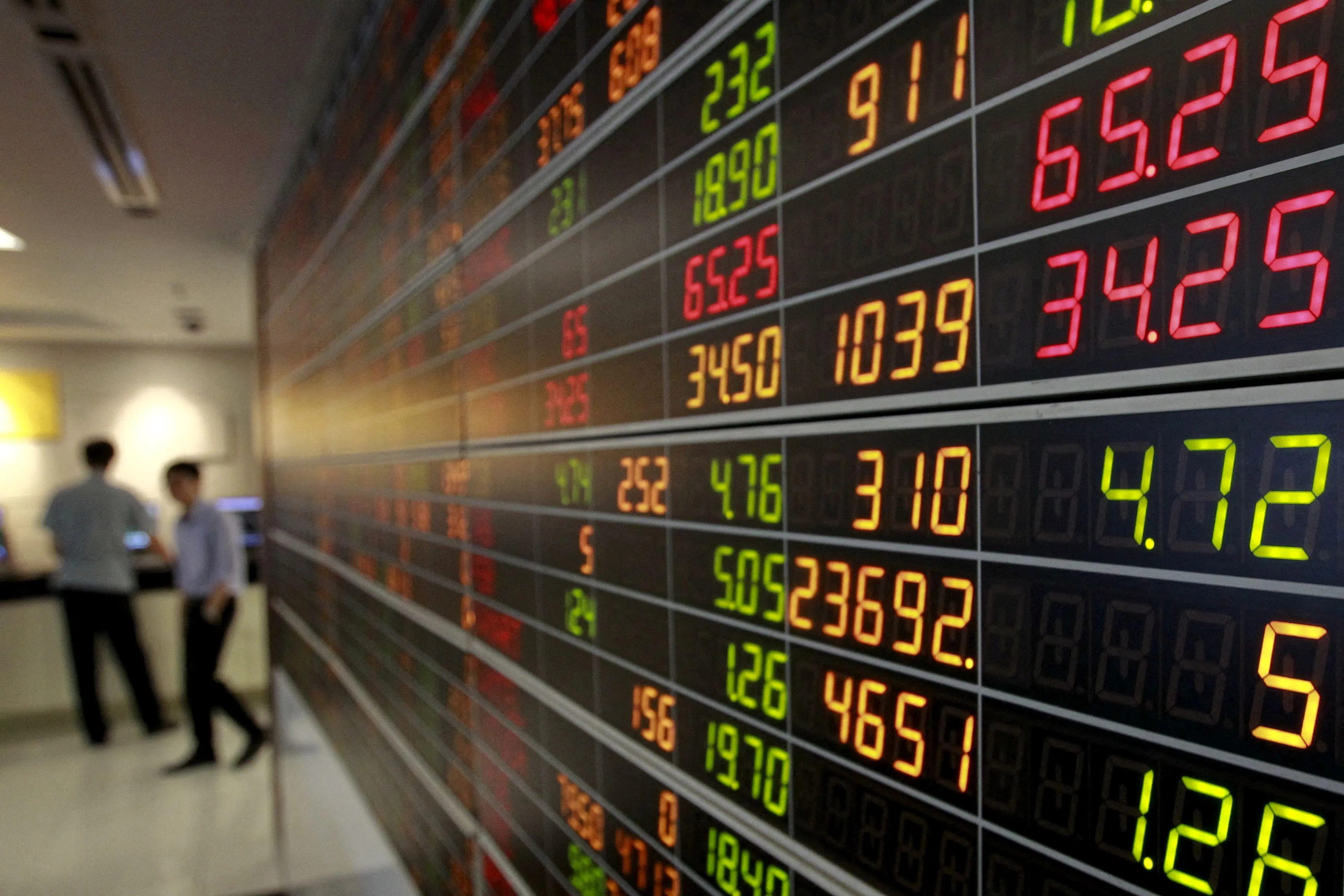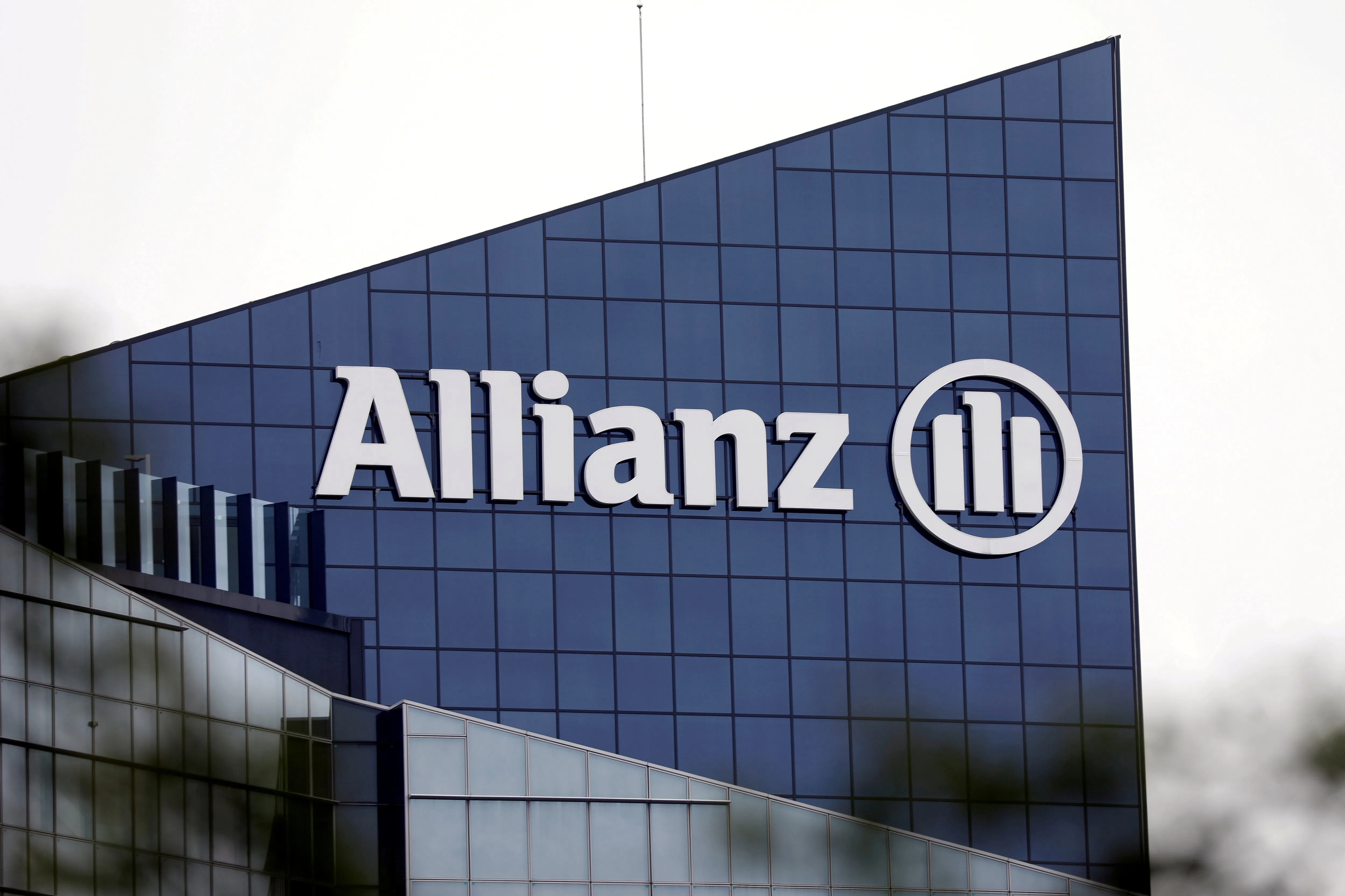[ad_1]
Starting July 1, it will require high-frequency traders to register before they can place their orders
Thailand’s bourse plans to implement rule changes next month aimed at restoring investor confidence in what has been Asia’s worst-performing stock market this year.
The Stock Exchange of Thailand starting July 1 will require high-frequency traders to register before they can place their orders, it said in a statement Friday (Jun 21). The bourse also said it will disclose information on investors conducting “inappropriate trading practices” to member brokerages to enable more effective supervision.
The measures are part of a package of rules meant to restore calm amid rampant concern over the impact of illegal short selling, programme trading and corporate scandals. Prime Minister Srettha Thavisin has urged improved oversight after about 30 per cent of the market’s value was erased from a peak of around US$626 billion early last year.
“Local retail investors have basically shunned trading for some time on talk about active participation of programme traders and short sellers,” said Koraphat Vorachet, an analyst at Krungsri Securities. “The stock exchange’s series of stricter measures on those players will definitely ease those investors’ fears and will bolster the market in the second half.”
The bourse last week said it will raise the minimum market value for stocks outside of the large-cap SET 100 Index that will be permitted for short selling to 7.5 billion baht (S$276.7 million) from 5 billion baht. It also said an uptick rule will be put in place from the start of next month, requiring short transactions to be conducted at a price higher than the last bid.
The benchmark SET Index has dropped almost 8 per cent so far this year, after falling 15 per cent in 2023. Foreign investors have sold about US$3 billion worth of Thai equities on a net basis in 2024. Daily trading value on the stock exchange this year is down 15 per cent compared with last year, according to data compiled by Bloomberg.
A NEWSLETTER FOR YOU

Asean Business
Business insights centering on South-east Asia’s fast-growing economies.
Thailand isn’t alone in moving to curb volatility by restricting certain types of trades, with China and South Korea among markets that have curbed short selling recently. Some market observers caution that such measures must be implemented carefully so as not to stifle healthy activity.
“The restrictions on HFT need to be enacted in such a way that it doesn’t in any way impede the high levels of liquidity” in Thailand, which is the “most liquid” of the main South-east Asian markets, said Nirgunan Tiruchelvam, an analyst at Aletheia Capital. “It’s important for the regulators to continue to support an open, transparent liquid market.” BLOOMBERG
[ad_2]
Source link




